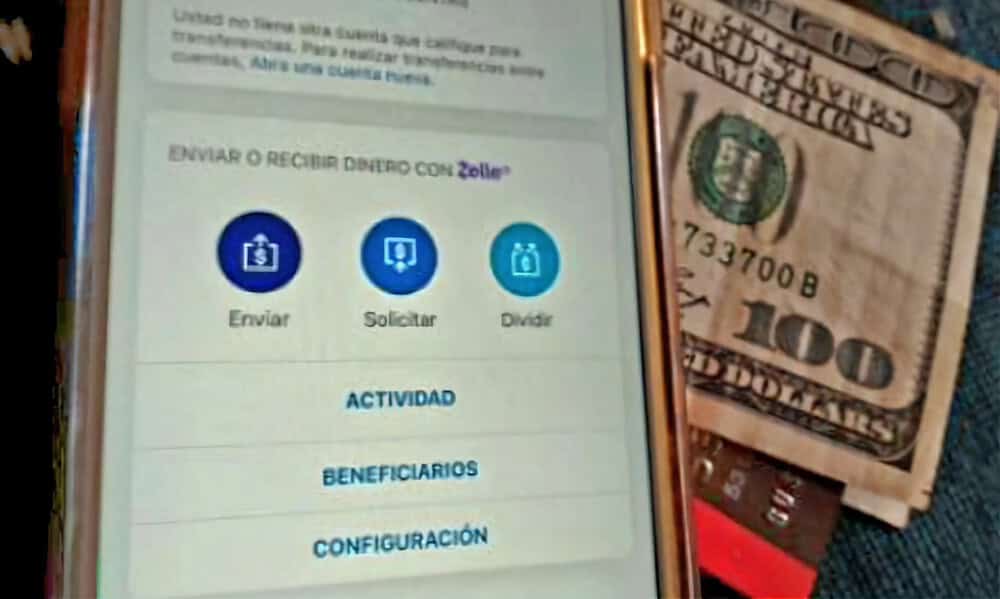Although the use of Bitcoin and other cryptocurrencies was known only a few years ago and is still not massive, in El Salvador it has gained huge adoption among the population.
According to the Global Crypto Adoption Index, compiled by blockchain analysis firm Chainalysis, the country ranked 53rd in a ranking of 154 countries drawn up between July 2019 and June 2020.
The index combines several on-chain metrics and peer-to-peer trading volumes to show countries’ adoption of cryptocurrencies, which represent both population and GDP and cover all operations in the currencies supported by Chainalysis.
Thus, a country with a score of 1 has the highest adoption of cryptocurrencies, while a country with a score of 0 has the lowest. Ukraine appears first in the overall ranking, followed by Russia, Venezuela, China, Kenya and the United States.
in Central America
Among the Central American countries, Panama ranks 51st on the list; El Salvador is 53, Costa Rica is 79, Guatemala is 91, Nicaragua is 107 and Honduras is 116.
“The percentage of people transacting is relatively high based on how many people have the internet and compared to other countries.”
Carlos ChavezDirector of Projects and Investments at Grupo MERELEC
The rating also assesses four specific aspects: the value received on the chain, which indicates activity in cryptocurrencies in the “blockchain” that can be traced back to that country; The value of the retail chain (an activity of less than $10,000, mostly individuals or micro-enterprises), the number of chain deposits and the volume of trade between individuals.
Regarding the latter, also known as “peer-to-peer” or P2P, the fact that El Salvador ranks sixth globally, according to Chainalysis report, stands out.
In the opinion of Carlos Chavez, Director of Projects and Investments at MERELEC Group, in terms of purchasing power and the number of users, this is high in the country.
“It’s a sign that there are transactions in the country, but it’s between people and not institutions. The percentage of people transacting is relatively high based on how many people have internet and compared to other countries,” Chavez explains.
Although there is no specific data on how many people in El Salvador use an e-wallet to transact with Bitcoin or any other virtual currency, Jorge Valenzuela, a promoter of the Bitcoin Beach initiative, in El Zonte, estimates that there are currently about 300,000 cryptocurrency users in the country. entire.
“Person-to-person transaction is the example developed at El Zonte. The vast majority of users buy bitcoin and keep it as a savings method. Instead, we use it as a daily exchange method,” Valenzuela said.
El Zonte, in La Libertad, has become the center of bitcoin use in the country. About 30 companies, which is 50% of the companies in this tourist area, 3000 people use this payment method and more are being added every day.
“This initiative already exists in other departments of the country, and this cannot be stopped and every day I see more and more companies of all kinds accepting bitcoin. It would be a complete success to replicate the Bitcoin Beach initiative in the rest of the country, given the financial freedom people are given back,” Valenzuela says.

Necessities
The Chainalysis report notes that P2P platforms are “essential” for cryptocurrency adoption in developing countries.
“P2P platforms do not protect any of the cryptocurrencies traded on their platforms, which means they do not have to connect to the banking system and face fewer regulatory hurdles. This allows them to more easily access residents of developing countries, many of whom are excluded from the traditional financial system,” he said. Consulting says.
“The person-to-person transaction mechanism is the example developed at El Zonte. The vast majority of users buy bitcoin and keep it as a way to save. Instead, we use it as a daily exchange.”
Jorge Valenzuela, Impulsor de Bitcoin Beach
With $25 billion in cryptocurrency sent and $24 billion received during the time period studied, Latin America has one of the smallest crypto economies in terms of transaction volume, just ahead of Africa and the Middle East.
The region accounted for between 5 and 9% of all cryptocurrency activity in a given month during the time period analyzed by Chainalysis.
“The Latin American cryptocurrency economy showed the second lowest growth rate during that time period in all regions,” the report said. Despite this, problems with access to banking services and the need for remittances “drive unique patterns of cryptocurrency use” in businesses and individuals beyond common speculative investment in other regions.


:format(jpeg):focal(432x415:442x405)/cloudfront-us-east-1.images.arcpublishing.com/gfrmedia/OTZO7YILPFBDDK3ZW3M5J7KUNY.jpg)

:quality(85)//cloudfront-us-east-1.images.arcpublishing.com/infobae/FE3FYP5TRJEE7FGYW3GQIDWF4E.jpg)
